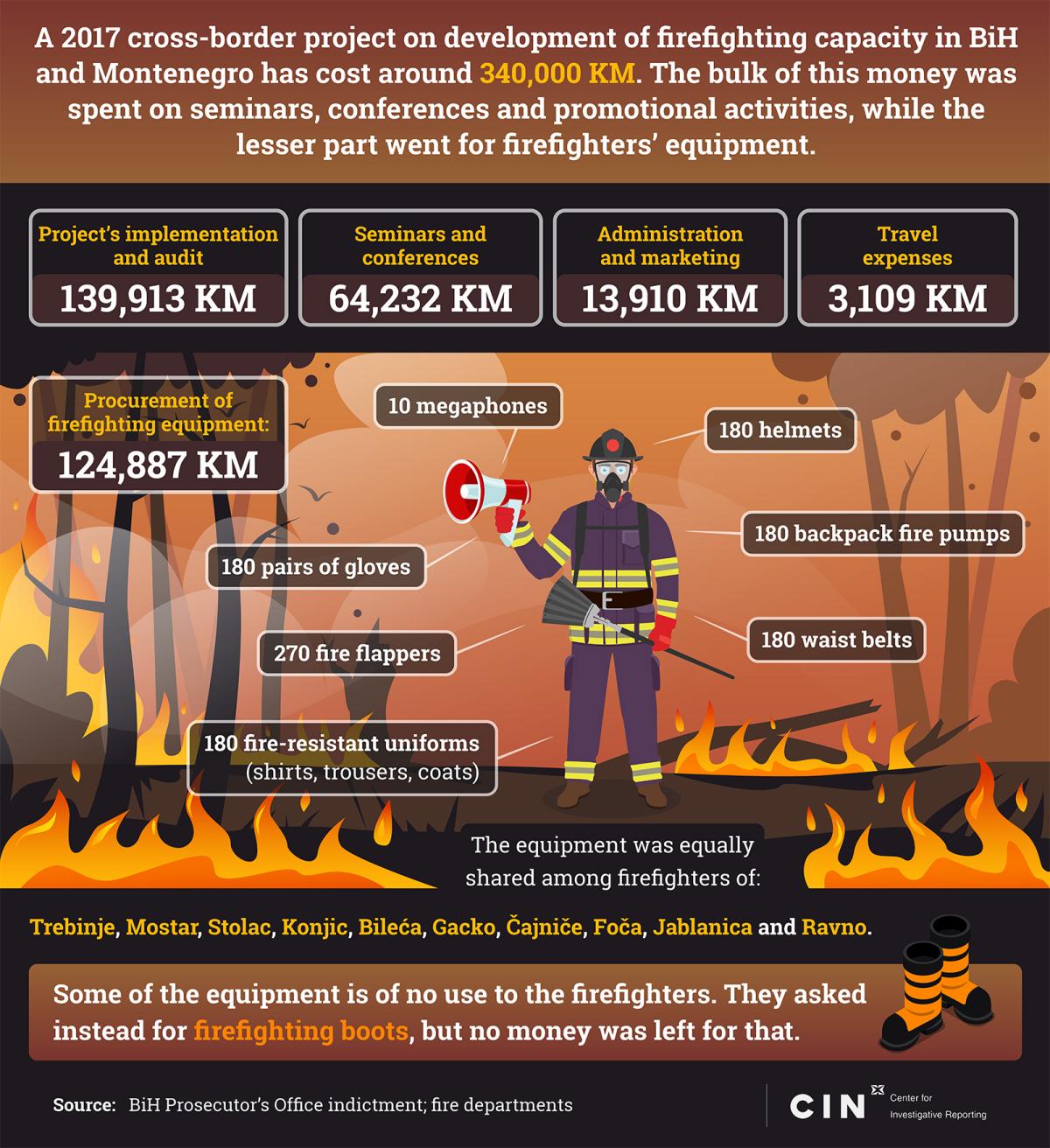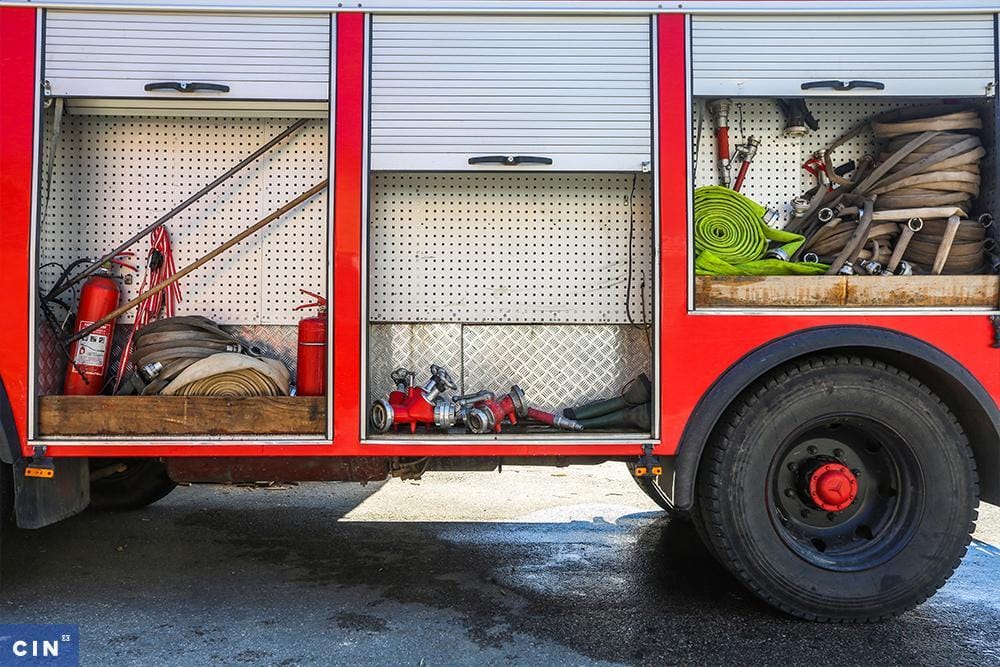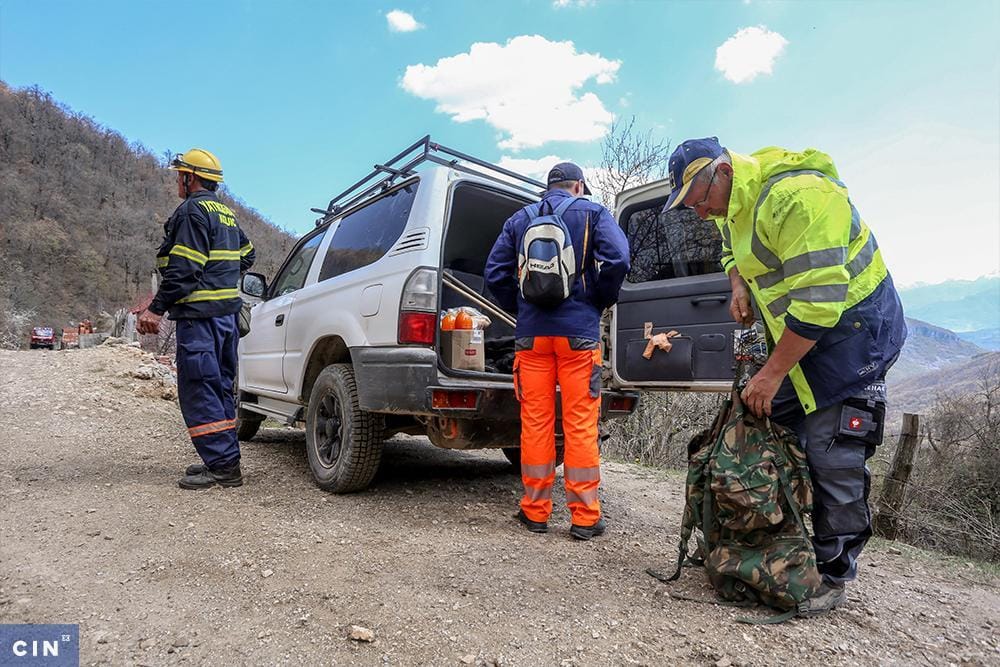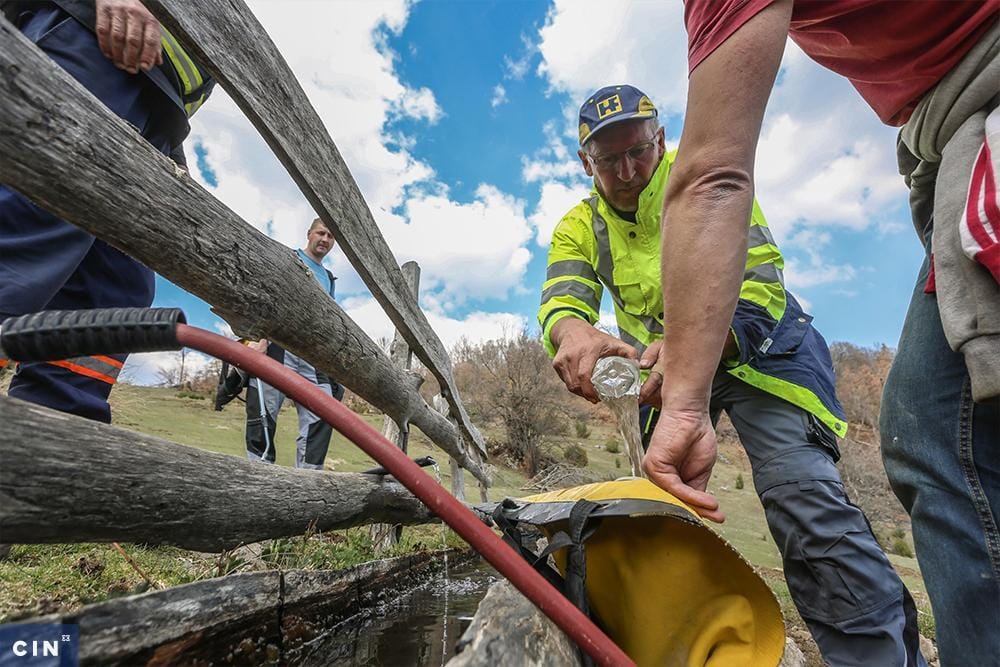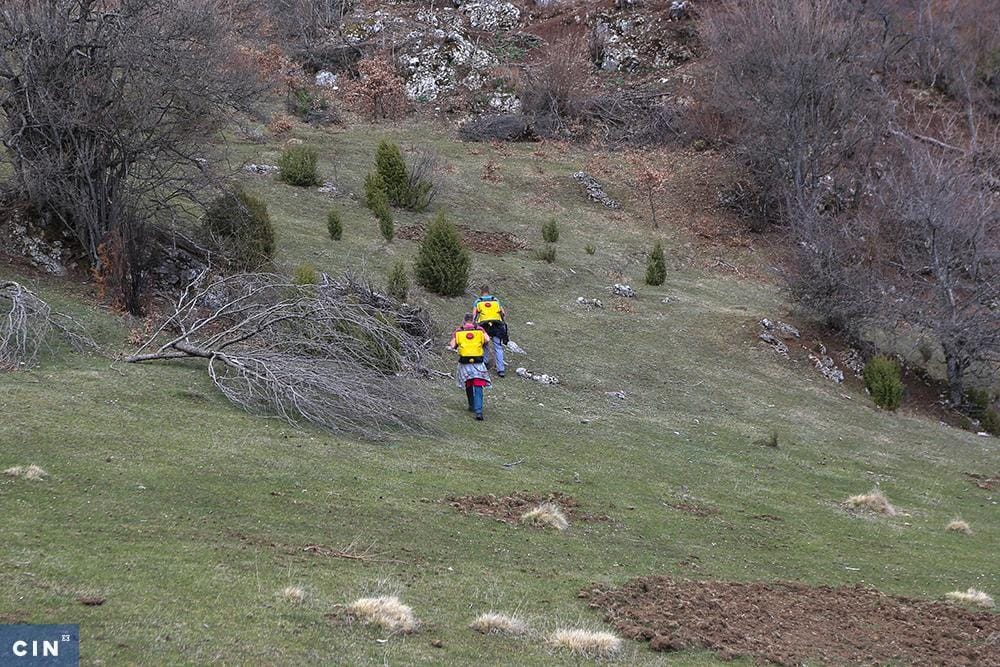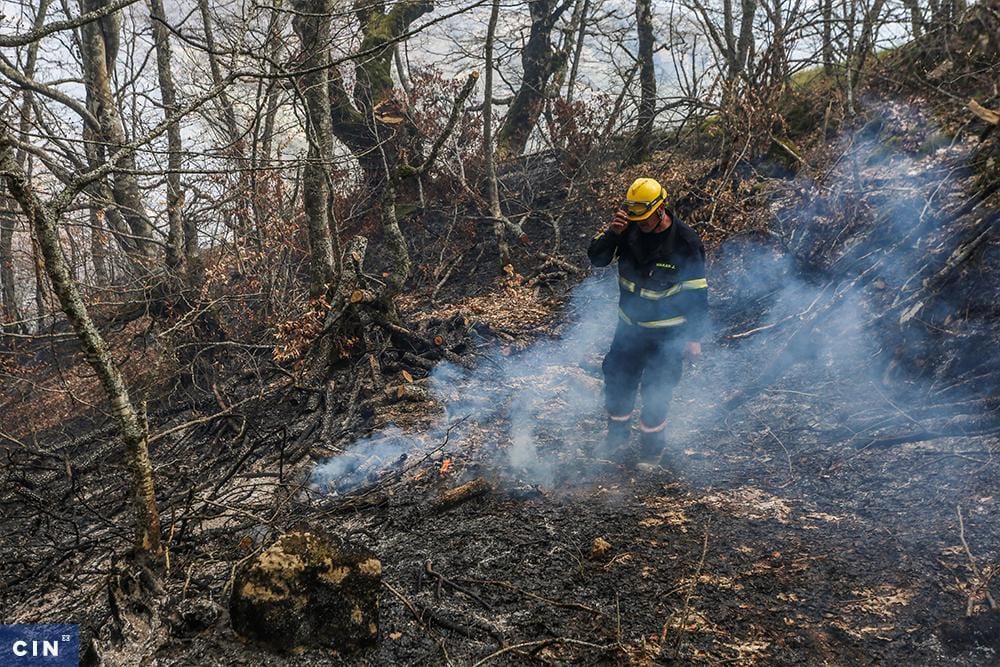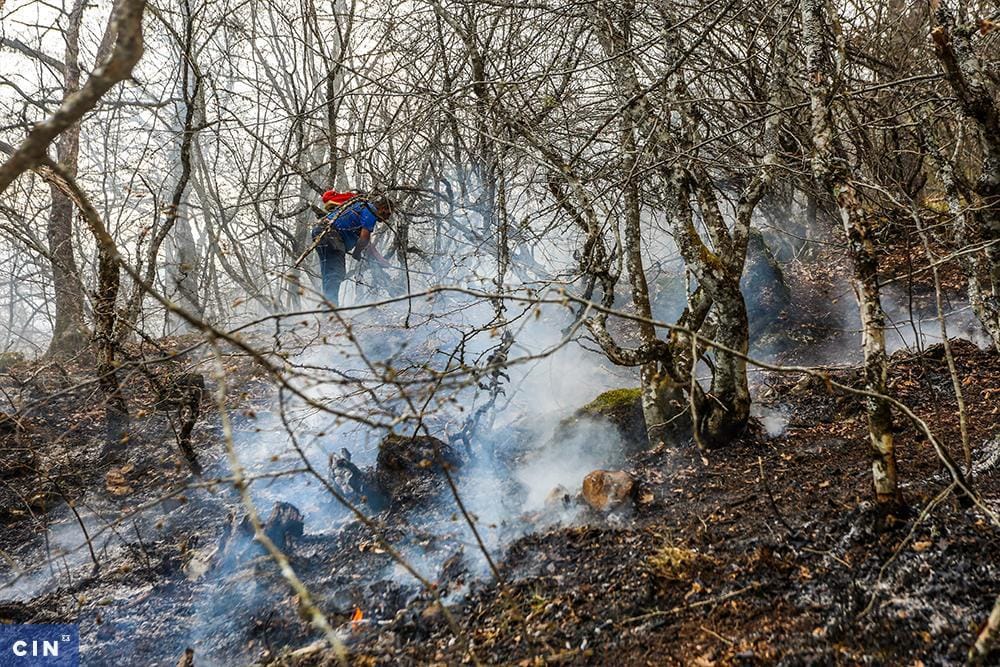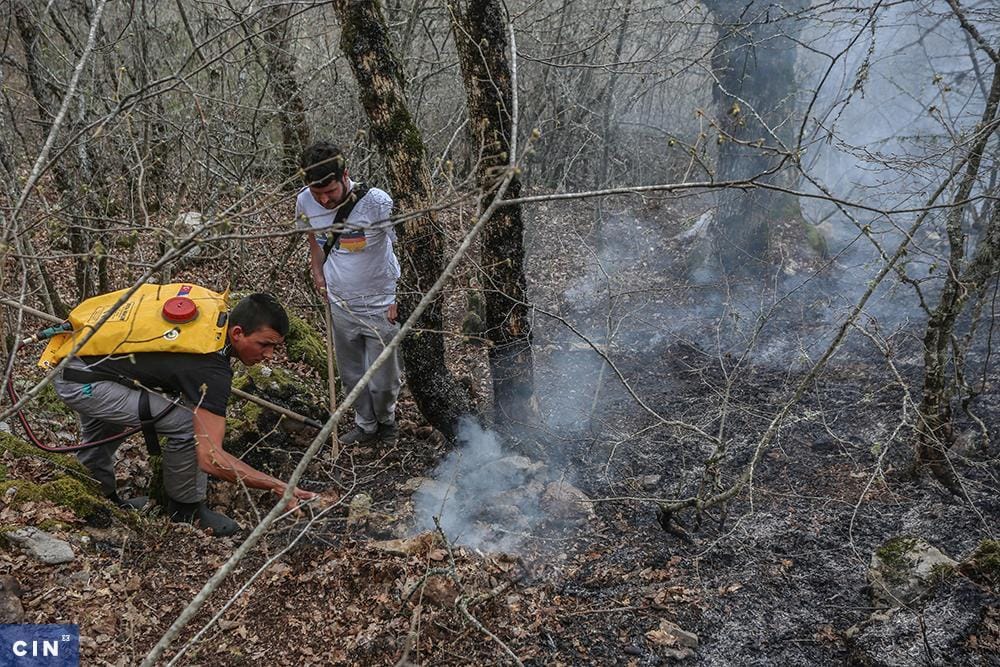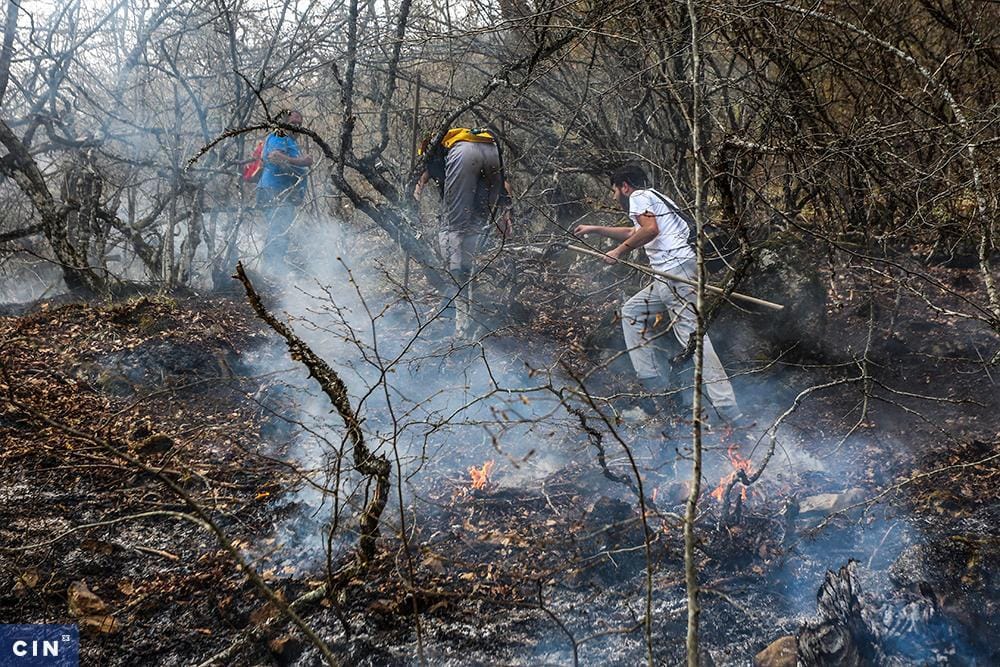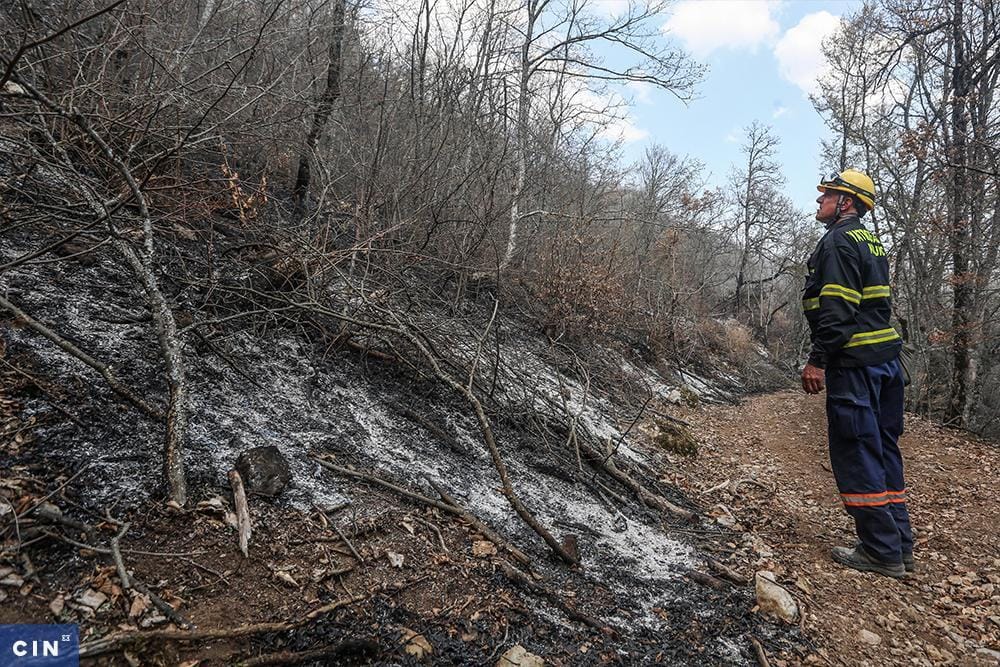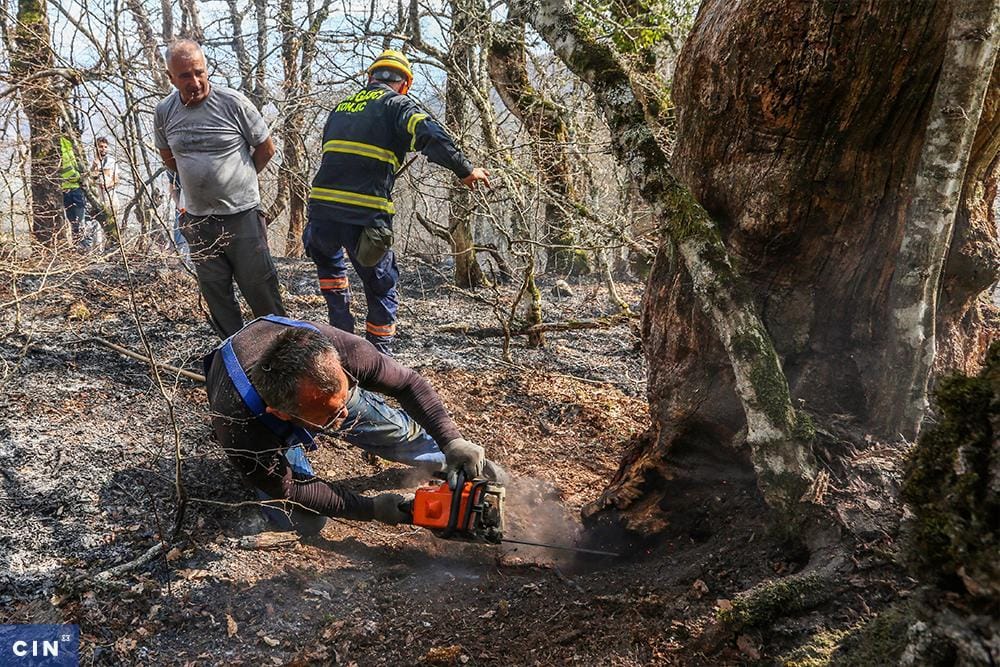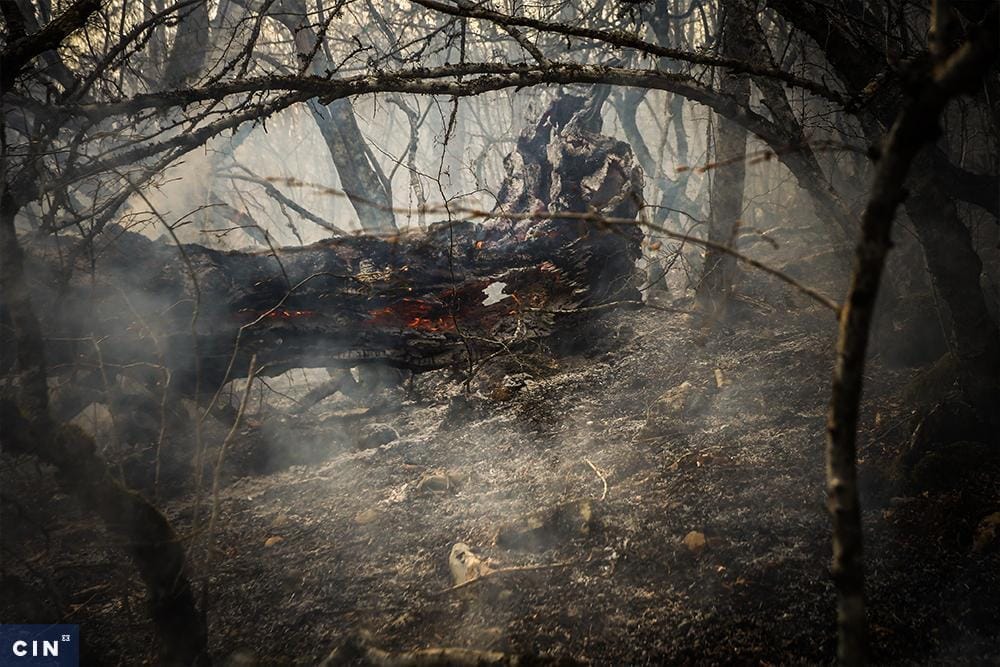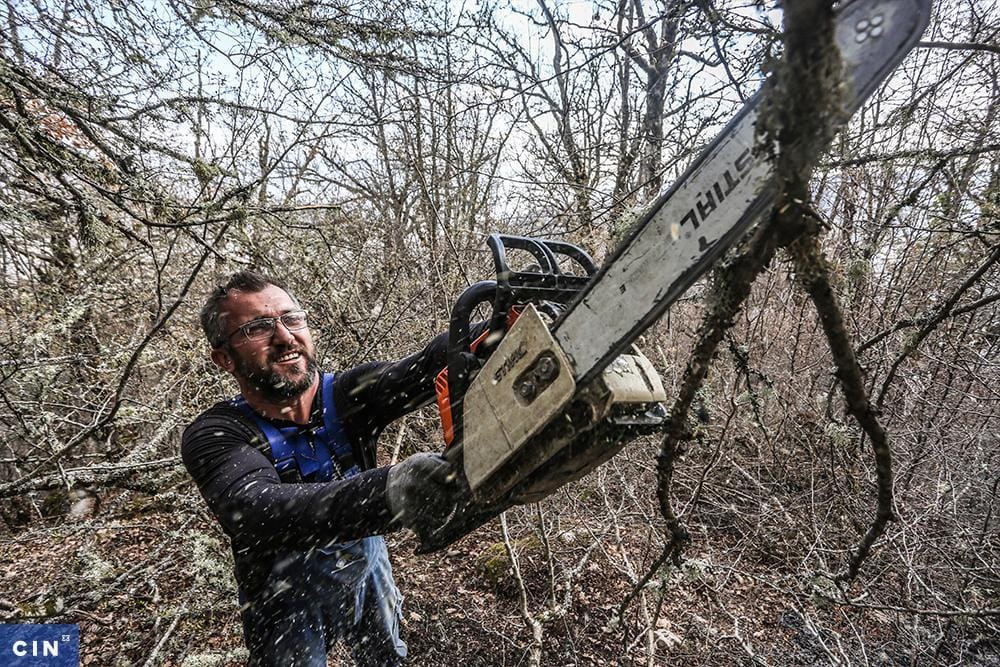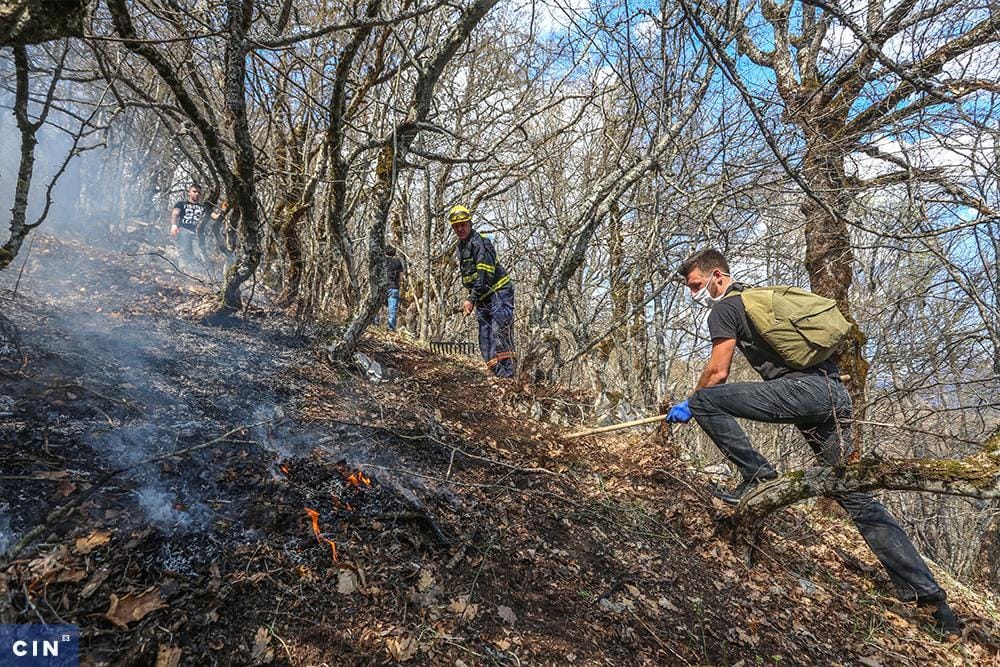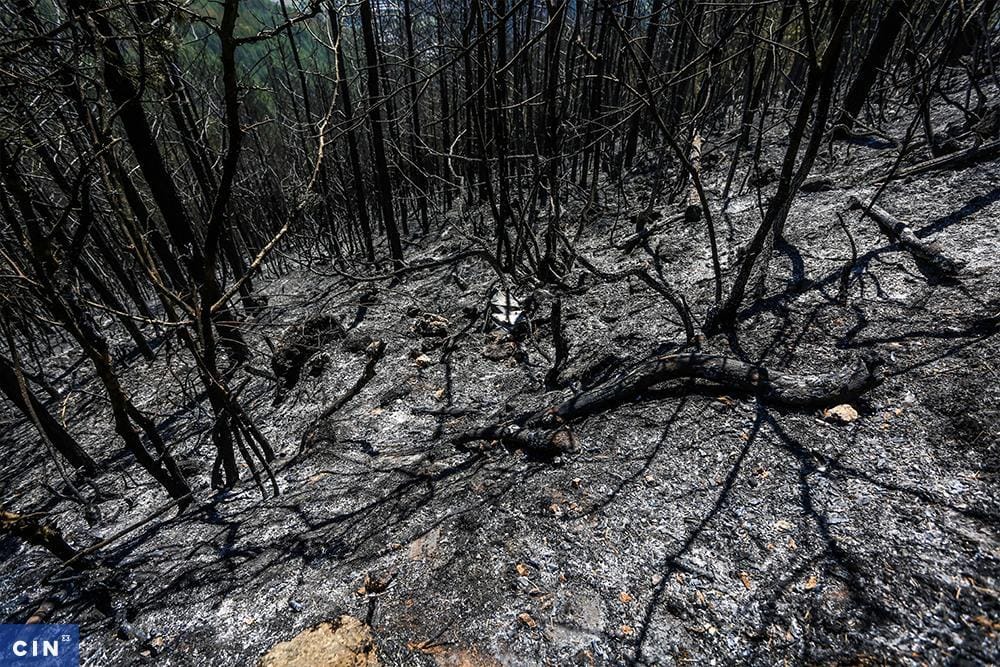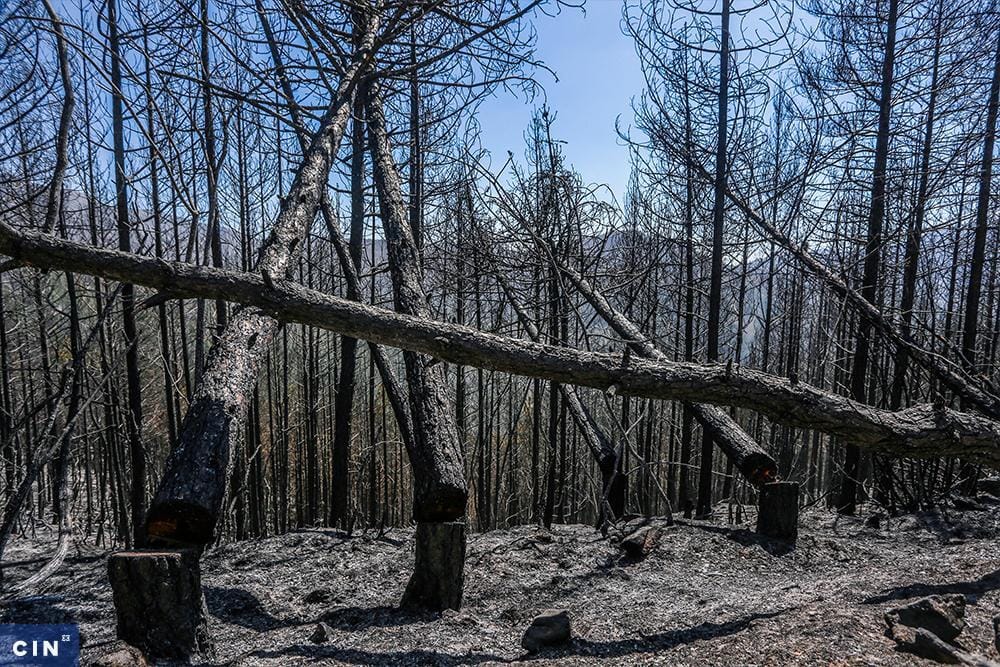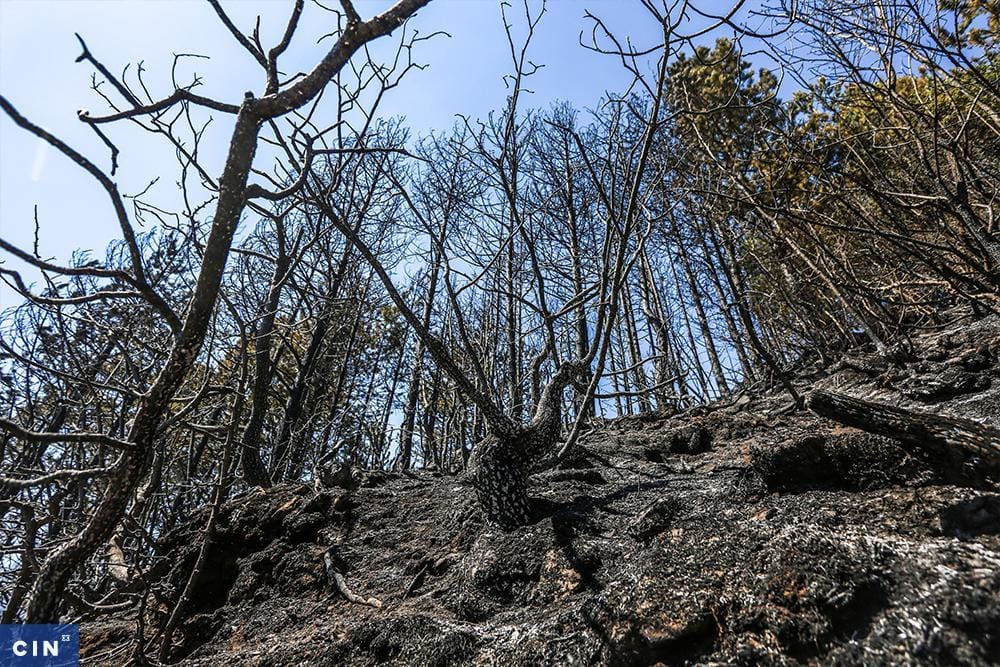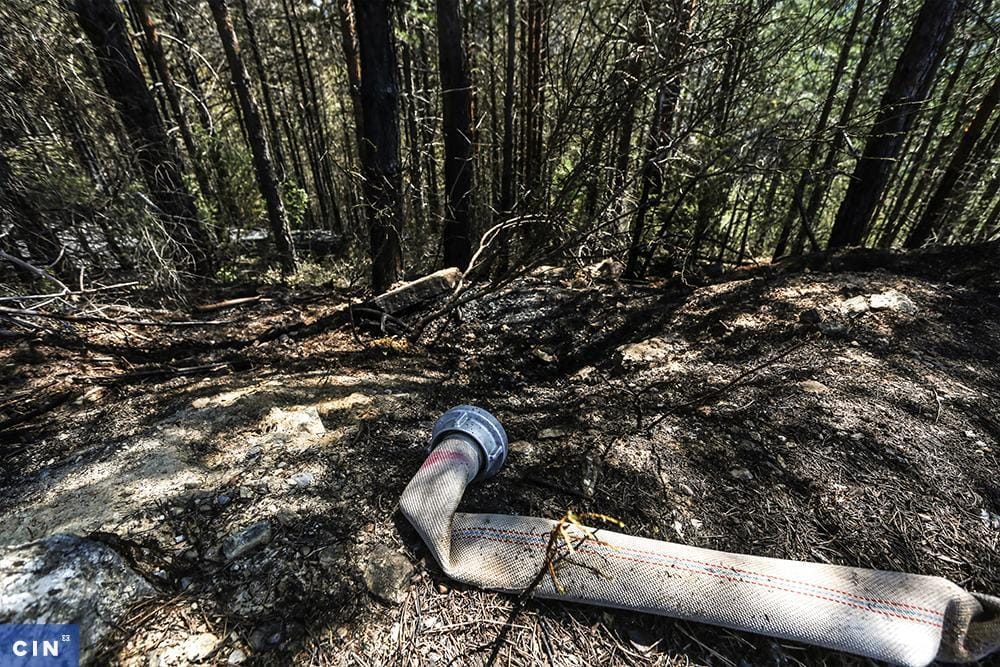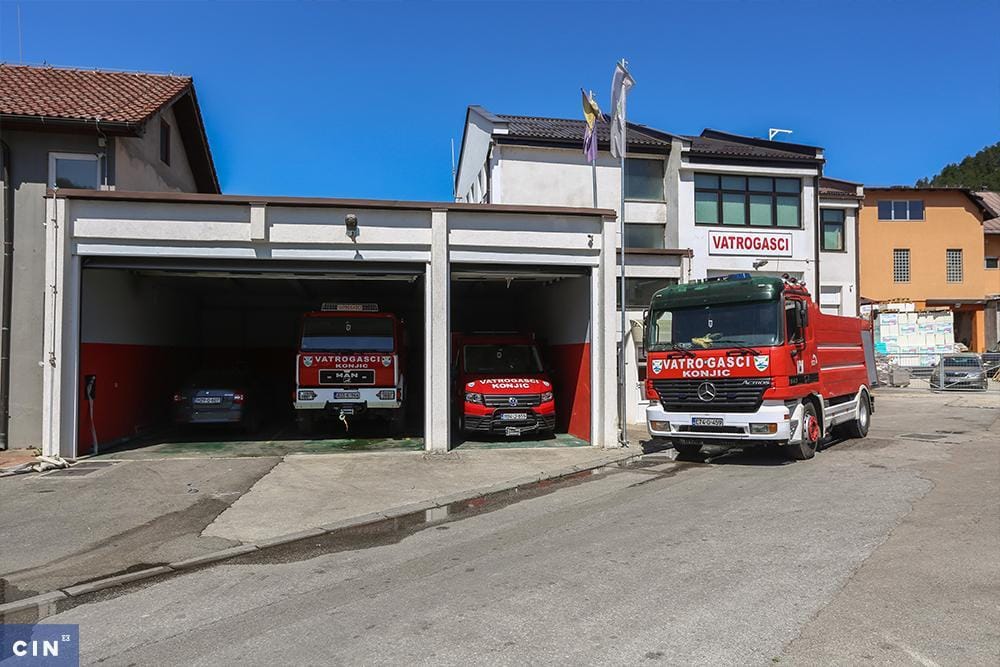A cross-border project on development of firefighting capacity in Bosnia and Herzegovina (BiH) and Montenegro has cost around 340,000 KM. The bigger part of this money was spent on seminars, conferences, promotional and other activities, while the lesser part went for firefighters’ equipment. Some of the equipment received is not being used, while there was not enough money for firefighters’ boots.
The Delegation of the European Union to BiH supported the project with around 320,000 KM, while the BiH Ministry of Security, which implemented the project along with the Sarajevo-based Institute of Fire and Explosion Safety (INZA), provided additional funds.
The state Prosecutor’s Office had been investigating potential mismanagement of funds because the procured equipment failed to meet the firefighters’ requests and needs. At the end of last year, prosecutors filed an indictment against the then-Security Minister Dragan Mektić; Assistant Minister for Protection and Rescue, Samir Agić; Chief of Staff, Igor Golijanin, and INZA’s Director, Edin Garaplija.
A court confirmed the indictment but the trial has been put on hold because of the COVID-19 pandemic. The defendants pleaded not guilty. Mektić said at the arraignment that this trial is politically motivated.
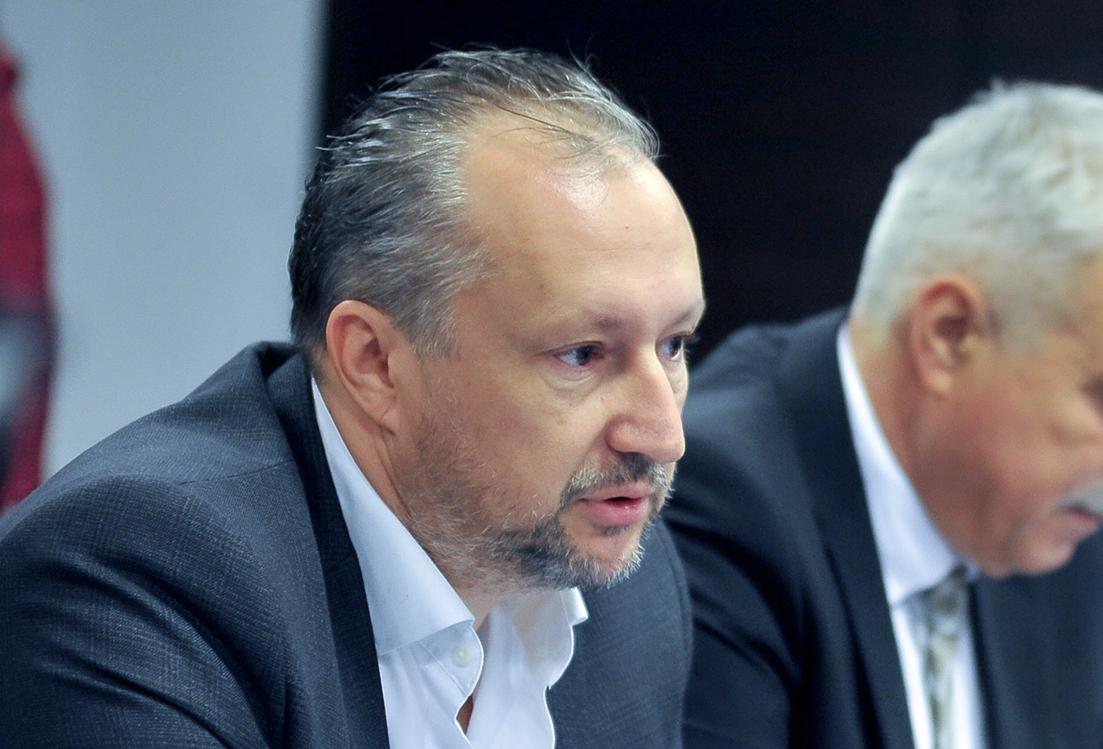
Samir Agić, an assistant to the state Minister of Security, told reporters that boots were too expensive to buy. “Every firefighter fancies himself to look like Fahrudin Solak (the head of the FBiH civil defense service) – all show and no go. Well, that won’t cut it.” (Photo: Klix)
Procurement of Low Quality Firefighting Equipment
In the beginning of April, wildfires raged in around ten-odd municipalities across BiH. The worst off was the region of Herzegovina for whose firefighters the project was supposed to provide much-needed firefighting equipment.
In 2016, Agić’s Sector for Protection and Rescue initiated the procurement. Prior to that, the Federation of BiH (FBiH) and the Republika Srpska civil defense services had sent the list of equipment needed by their firefighters: backpack fire pumps, helmets, turnout-gear — shirts, trousers and jackets, and especially, firefighting boots.
“Boots are the main firefighting item, especially in these areas where we’re battling wildfires,” says Omer Nezirić from Jablanica Municipality’s Department for Civil and Firefighting Defense. “One has to run across burned ground and sometimes even through flames, and this makes boots crucial.”
The BiH Ministry of Security’s Sector for Protection and Rescue itemized its public procurement request. Along with fire-resistant uniforms, Agić’s office added fire flappers (a broom-like tool used to swat fires out) to the list, even though these were not requested, while they failed to request protective boots. In mid-June 2017, the procurement contract was concluded with the company “Teh Projekt Inženjering” in the amount of 125,000 KM.
In August 2017, the gear was delivered to firefighters in Trebinje, Mostar, Stolac, Konjic, Bileća, Gacko, Čajniče, Foča, Jablanica and Ravno.
According to the indictment, each of the fire departments received 18 complete uniforms plus gloves, helmets, waist belts, backpacks, 27 fire flappers and a megaphone. They received no boots.
“We have some basic equipment,” said Nezirić.
Agić said that they didn’t buy boots because they were too expensive, around 300 KM a pair, and that would call for an additional 54,000 KM.
“Every firefighter fancies himself to look like Fahrudin Solak (the head of the FBiH civil defense service) – all show and no go,” said Agić. “Well, that won’t cut it.”
The indictment also reads not only that firefighters didn’t receive what they needed, but what they did receive did not match the requested size, it cost more than the market price, and some of the equipment was more geared toward industrial uses, not firefighting.
Mostar’s Fire Department’s Commander, Petar Jurić, told detectives in July 2019, that they didn’t use the 18 helmets because they didn’t receive enough for the entire Department. They have 68 firefighters, and they didn’t know how to divvy up the helmets. The Department has been waiting to collect more money so that it could buy helmets for everyone.
“We have never used fire flappers though,” Jurić briefly told CIN.
Tripo Ćuk, the then Head of the Fire Department in Trebinje told detectives a similar story. He explained that the helmets they received were intended for construction workers, not firefighters. “The backpack fire pumps given to us are of the worst quality and are rarely used,” said Ćuk. “In other words, after the first use, the sprinklers on the backpacks malfunctioned.”
When reporters asked Agić why fire flappers were procured if they were not being used, he said that firefighters were exaggerating and that flappers are useful in extinguishing fire.
“With what are you going to douse a rock – take a leak on it or what?” snapped Agić.
He maintains that adequate equipment was procured considering the limited budget they had.
Residents and Firefighters in Joint Operation
Last weekend, reporters from the Center for Investigative Reporting in Sarajevo (CIN) visited firefighters in Konjic and accompanied them on a visit to wildfire locations throughout the municipality. Reporters came across Nedim Makan, the municipality’s expert associate for firefighters and fire safety, at the burned ground above the village of Ovčara.
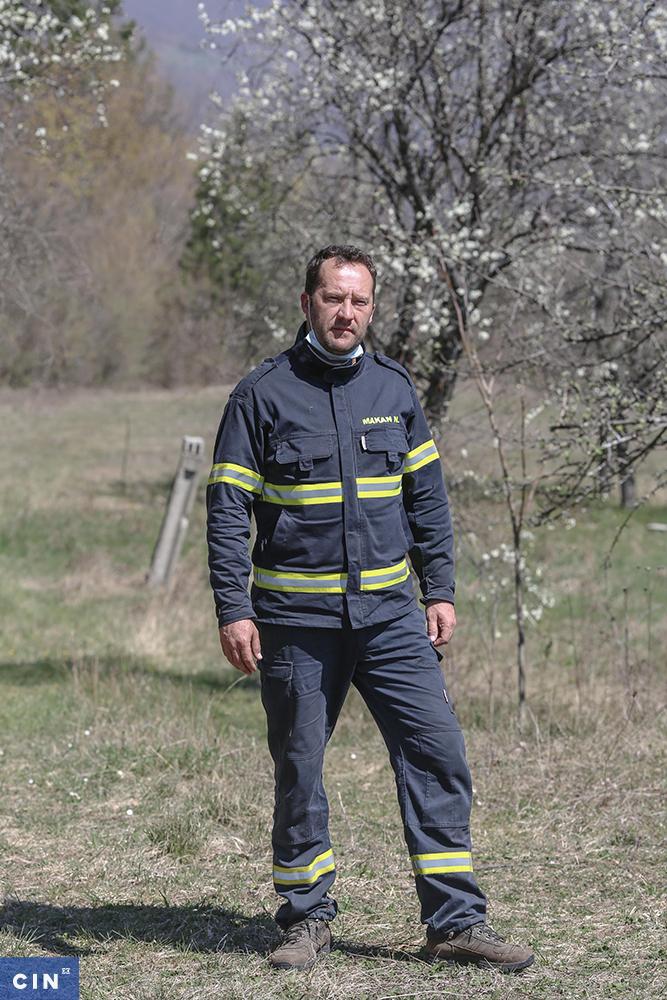
He said that the equipment they received via this project was put to good use. “This gear that I’m wearing and of course, other helmets, waist belts, backpacks and fire flappers, we use all of it,” said Makan.
He said that fire flappers are being distributed to residents when there are wildfires. “They are a bit heavy and we don’t carry them,” said Makan. “They are mainly used by the residents, but they are (stored) in the fire department.”
Makan said that the government could help firefighters the most by procuring an “Air Tractor” aircraft, or a helicopter that can be fitted with water tanks, to extinguish wildfires on inaccessible terrain.
“Several years ago, army pilots were dousing wildfires from helicopters,” says Makan. “They were daring”, said Makan while describing difficult maneuvers as “perfection” that helped them the most.
There are 14 firefighters in the Konjic Professional Fire Department. Makan said that this was insufficient for a municipality sitting on 1,660 square kilometers and that they couldn’t fight wildfires on their own. They count on help from local citizens’ associations and residents.
While talking with reporters, Makan’s phone rang. Residents from a faraway hamlet in the area of Klis reported that fire was approaching their houses. “Look, I have to deploy people from one end of the municipality to the other,” said Makan. “It’ll take us a one-hour drive in trucks to save those houses.”
Over there, in the forest above the houses belonging to the Jelići family, a thick white smoke was spreading. One could hear the sound of chainsaws and residents hollering to each other. They have self-organized in an attempt to stop the fire from spreading for the past several days. Residents have almost no equipment and some of them were fighting the wildfire dressed in T-shirts, sweatpants and tennis shoes. They used rakes to make a defense line against the wildfire, while they doused smaller flames with water from backpacks and plastic bottles, or with soil they threw with their bare hands.
The Konjic Fire Department has helped residents protect their homes. If the night brings wind, the fire could only be extinguished from the air.
Seminars and Promotional Material
Most of the money from the cross-border cooperation, or a little less than a quarter of a million, was spent on financing “human resources”–organizing seminars on wildfires; on consultants with personal connections to BiH Ministry of Security whose per diems cost in excess of 1,000 KM; and on promotional material, some of which has not even been printed.
Agić said that the European Union monitored the spending. The project partners from Montenegro developed an app. The Montenegro Ministry of Internal Affairs and Foundation for the Development of Northern Montenegro received around €200,000 to implement the project in Montenegro.
Asked if they could’ve set aside more money for firefighting equipment, Agić replied: “We bought more than they could have hoped for.”
Meanwhile, firefighters are battling wildfires across BiH with whatever equipment they have.
Director of the FBiH civil defense service, Fahrudin Solak, said that inaccessible areas, such as hills and forests, are the biggest challenge. On top of that, he says, some sites are located in the proximity of mine fields.
“For wildfires that take place in inaccessible terrain, the only equipment is a backpack,” said Solak. “All other equipment is meant for cutting through undergrowth or clearing ground — we also try to cut wood down with chainsaws to make a natural obstacle.”
On April 10th, the BiH Council of Ministers issued a decision to request international assistance, stating that the country needs manned aircrafts to counter wildfires. Aircrafts from Montenegro came to assist because BiH doesn’t have its own.





